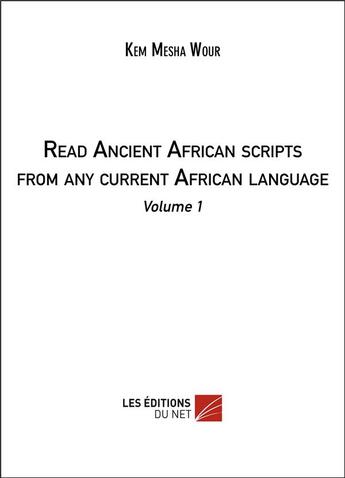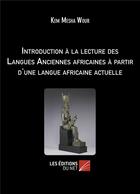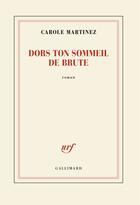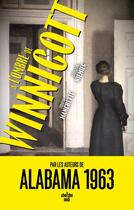Résumé:
The son of Douaouf, the brilliant, scribe of the early XIIth Dynasty Xty « Khety » said this :
« The man continues to subsist after reaching the haven of death and his actions are beside him in a heap. » If regression is the main cause of the alarming situation of Africa and its tails the... Voir plus
The son of Douaouf, the brilliant, scribe of the early XIIth Dynasty Xty « Khety » said this :
« The man continues to subsist after reaching the haven of death and his actions are beside him in a heap. » If regression is the main cause of the alarming situation of Africa and its tails the perceptibles consequences at all levels, the solution to this problem is eminently political. It inevitably involves the constitution of a pan-African State.
For men, there is no unity without memory of the past. In fact, the construction of a federal state inevitably involves the restoration of African historical consciousness. There is no national and federal identity without a common language. The unification of Africa will only be possible if it takes the measure of its linguistic unification issue.
To a lesser extent but like Cheikh Anta Diop in his book titled the Cultural Unity, I was animated throughout this heuristic by the idea that only the true knowledge of the past can maintain the consciousness and the feeling of a historical continuity essential to the consolidation of a nation for the purpose of building a multinational state in line with its past.
Like Cheikh Anta Diop, I build my sureness on the legitimate idea that a people who lost a significant part of their historical memory must engage in the investigation of their past in every possible way. This investigation can take the contours of a reconnection with its past through so-called old languages. But a people can not live only with by merely repeating of what others tell them about themselves.
The investigation through its linguistic past allows especially a direct knowledge of oneself. In addition to the fact that this knowledge simply highlights its weaknesses, it allows also to become aware by an introspective and therefore reflective of its real abilities and strengths. It structures being and the consciousness of being to resist any form of servile and degrading ideology.
This quest for the past, not founded on blind passion but objectivity, nourishes a healthy ambition for a real universalism. To know one's past is already to project one's future. To know one's past is to give oneself the capacity to be able to bring to others in a perspective of giving and receiving. To know one's past is to refuse intellectual guardianship and wait-and-seeism. To know one's past is to be reborn.
Donner votre avis















